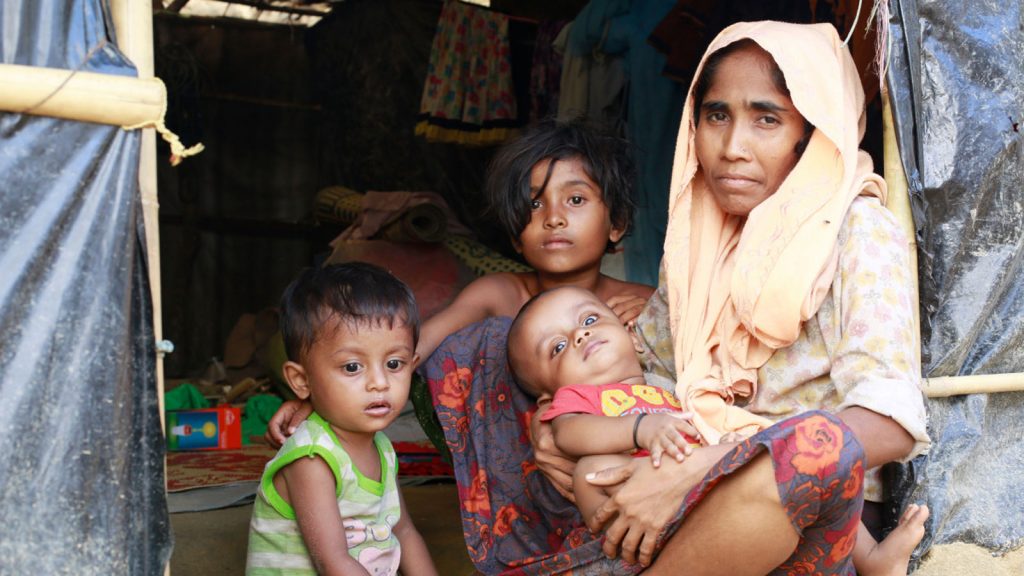ISLAMABAD ( Web News )
COVID-19 pandemic has disrupted lives of individuals and communities across the globe. However, women are reported to have suffered more than men due to systemic inequality and lack of access to humanitarian and health services. Whereas women have specific humanitarian needs, they have specific roles too to make themselves resilient against all kinds of shocks.
The speakers said this while sharing their views at the webinar ‘Addressing the gender dimension of COVID-19 pandemic: data, policy and psychological determinants’ organized by Sustainable Development Policy Institute (SDPI).
Ms Shamim Chowdhury, a Foreign Correspondent, explained the situation in the context of problems in Rohingya refugees’ camps and said that almost half a million women need humanitarian assistance including financial support. She said that COVID-19 has aggravated the problems since the vaccination program in Bangladesh is not matching to the pace and precautions are not being taken in the
Ms Adesewa Josh, Broadcast Journalist associated with the TRT World, emphasized that we need to understand that natural disasters are not gender neutral for many reasons. Data research is very important, but the governments often lack the capability to collect data. Explaining the issue in the context of African countries, she highlighted that most interactions in Africa are informal and thus, this pandemic has affected the communities adversely.
Dr Shafqat Munir, Director Resilient Development Program, SDPI, presented a detailed landscape of devastating impacts of pandemic on communities. Cited his experiences from Philippines, Myanmar and other parts of Asia in his previous regional humanitarian policy specialist role, he said that women have to go under a double trauma while emergencies, disasters and pandemics hit their communities as they have to take care of their loved ones impacted from crises and they themselves have to bear the brunt of such shocks. “We have seen women-led households left behind in accessing humanitarian assistance from philanthropists, humanitarian organizations and government entities as they were hardly counted for such an assistance,” said Dr Shafqat emphasizing on gender inclusiveCovid19 response plan and gender segregated data for those who have been infected so that social protection and humanitarian policies do not exclude women and other marginalized groups from any response plan.
Ms Aisha Sarwari, Co-founder of Women’s Advancement Hub, opined that even before the pandemic, 9 out 10 women in Pakistan faced violence in their lives. The ideas and programs for protection of women seldom see practical manifestation. The situation of women at Pakistan-Afghanistan borders demands urgent action for their protection and fulfilling their humanitarian needs.
Mr Faiz Rehman, Chief of Urdu Services at Voice of America, highlighted that 15% to 20% people in the United States have lost their jobs during the pandemic and according to data, 3% more women than men lost their jobs. Likewise, 33% percent of women as compared to 11% Men were at home taking care of the household and 57% of women had to reduce their working hours as compared to 43% men.

